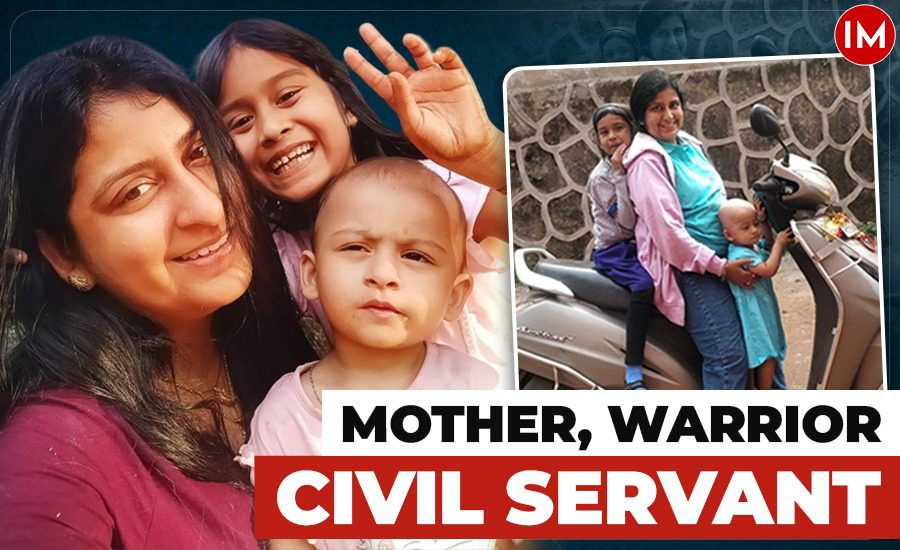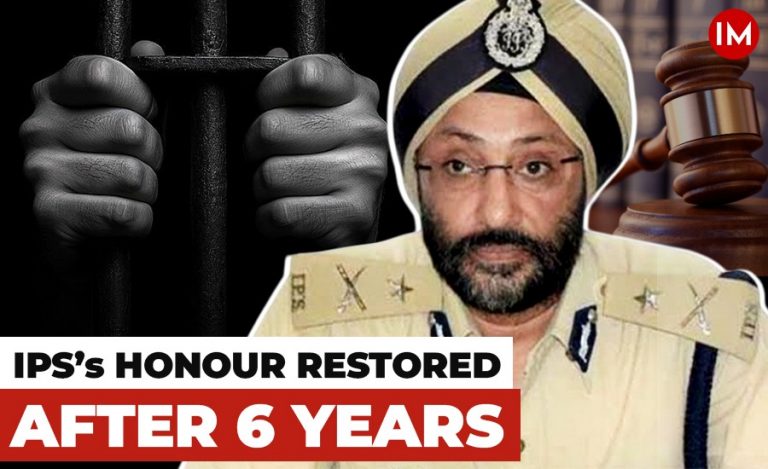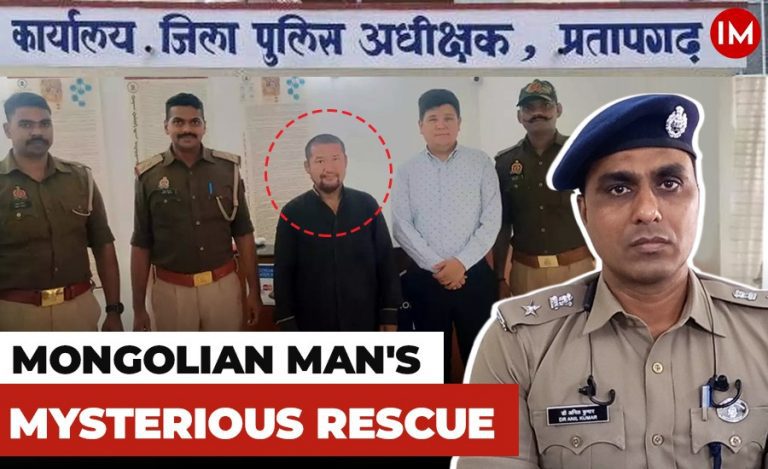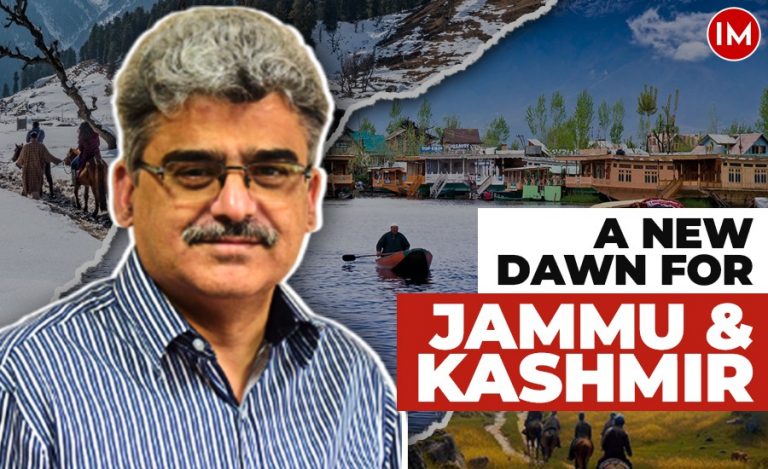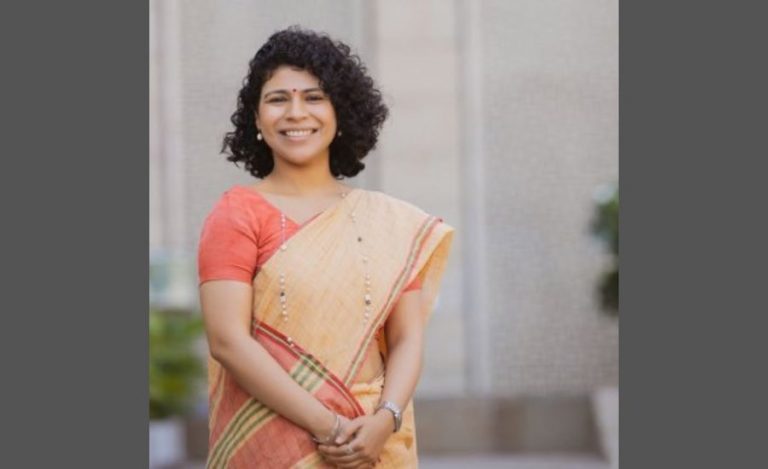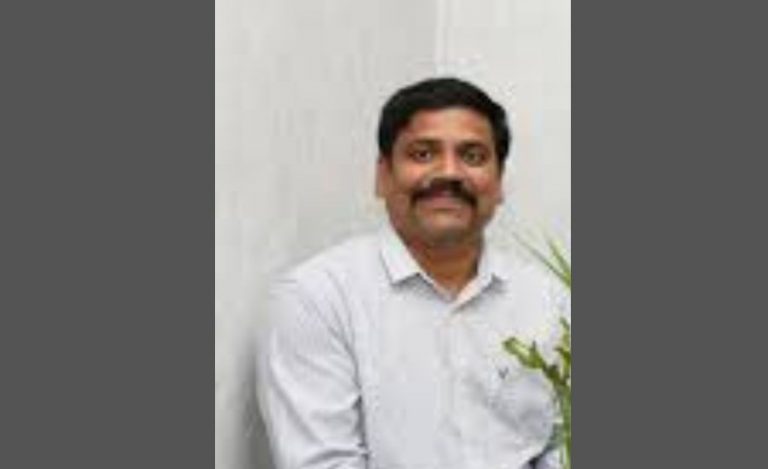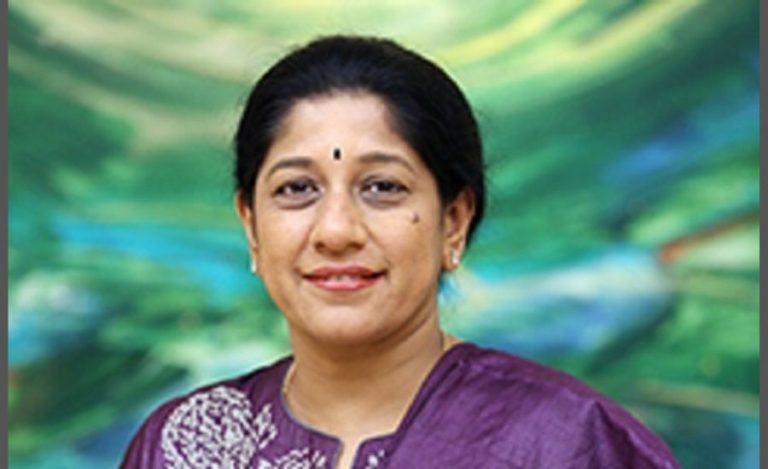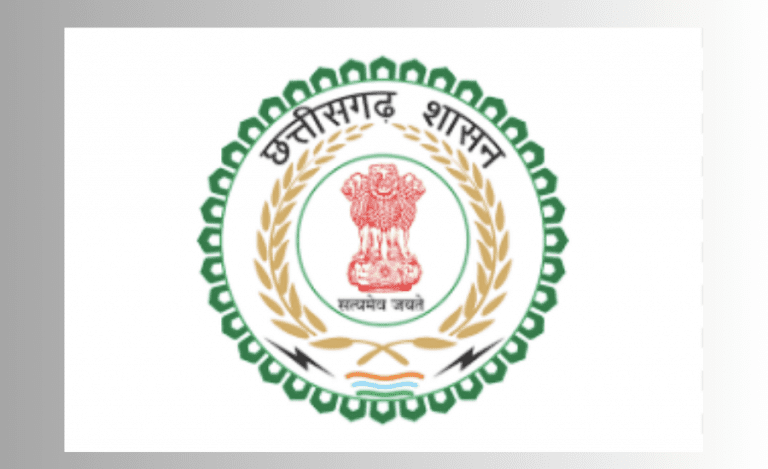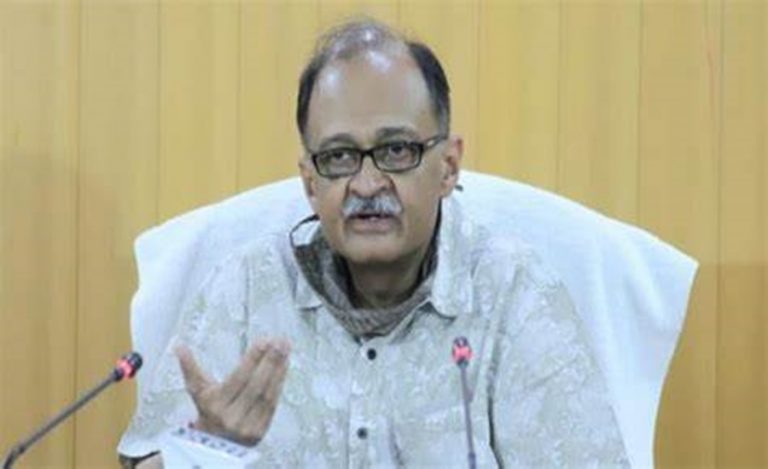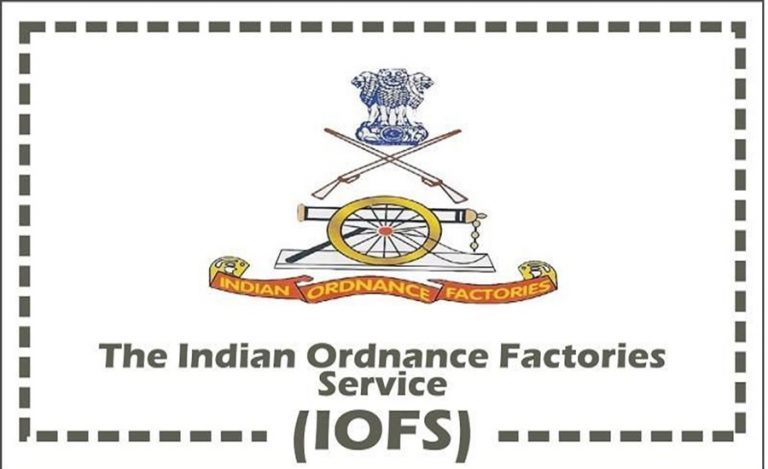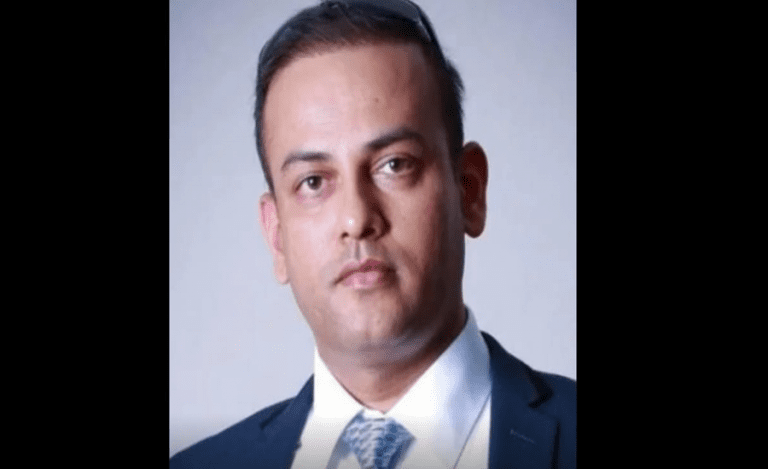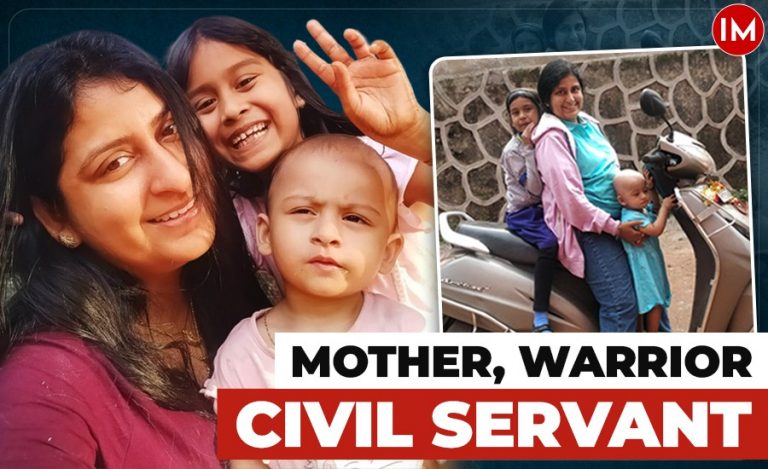Surjeeta Behera’s journey to the civil service is one of determination, sacrifice, and a refusal to give up, no matter the obstacles. A mother of two, she recently qualified for the Odisha Public Service Commission (OPSC) Civil Services Examination 2022, earning Rank 20 in the women’s reserved category and Rank 512 in the general list. Her achievement is remarkable, not only because of her rank but because of how she reached it. Without any formal coaching, practice test series, or mock interviews, Ms. Behera pursued her dream on her own, all while raising her daughters alone in a small town.
FROM ENGINEERING TO CIVIL SERVICES
An electrical engineer by training, Ms. Behera started her career at Tata Projects Limited, where she spent over ten years, paving the way as the first woman in her division in a male-dominated industry. Later, she moved to Tata Steel and eventually joined Odisha Mining Corporation. But her dream of serving the public grew stronger during her time with the corporation, where she witnessed the struggles of underserved communities.
“Living in a small mining town, I saw that many locals had to travel over 25 kilometers through mountainous terrain just to access basic healthcare,” Ms. Behera shared with Indian Masterminds. These conditions motivated her to enter the civil service to make a direct difference.
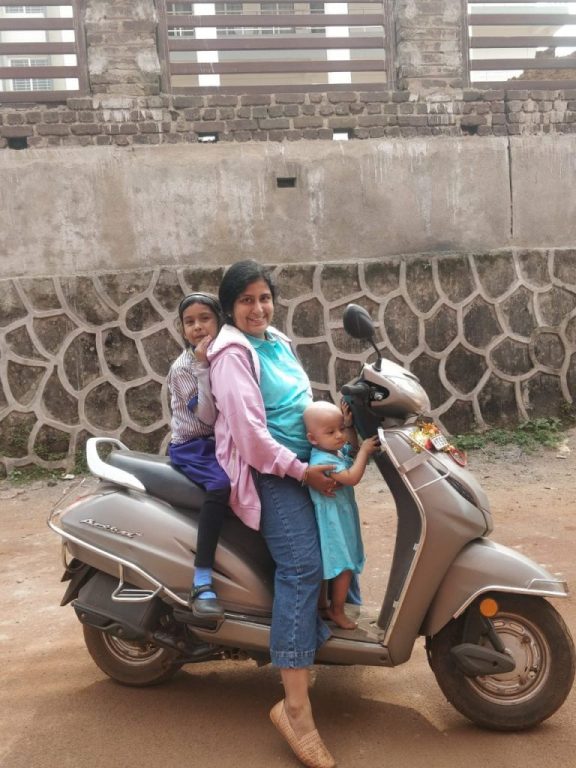
INSPIRATION TO START THE JOURNEY
Inspired by the story of IAS officer Anu Kumari, Ms. Behera began her civil service preparation without the support of traditional coaching. “I had no access to test series or mock interviews,” she recalls. “I live alone with my two daughters, as my husband is working in a different city, so traveling to a coaching institute or even following a strict study schedule was out of the question.” She relied on YouTube and online resources, managing her studies around the needs of her children and her job. “I would hold my baby in one hand to keep her from waking up, and I’d study through the night,” she says. “Most candidates depend on timed tests and structured coaching, but I had to adapt by studying whenever I found the time.”
FIRST ATTEMPT: CLASE BUT NOT QUITE
The interview round of her first attempt remains one of the most memorable and challenging moments of her journey. She reached the interview stage despite being heavily pregnant, with her due date just two days after the interview. She went to the Public Service Commission’s board determined, though physically exhausted. She recalls, “I could barely stand, and after the interview, I had to ask the board members to give me a moment to recover before I could leave. I performed well and was among the top scorers in the interview, but unfortunately, I missed the overall cut-off by just one mark.” This close miss was a bitter disappointment, particularly because she was on the cusp of her dream.
SECOND ATTEMPT: A SETBACK BUT NOT DEFEAT
Her journey was particularly difficult during her second attempt, when she was recovering from a C-section. Though she managed to clear the prelims, she narrowly missed advancing by just one mark. This close miss was devastating, but she took it as a learning experience. Her determination to show her daughters that they could pursue their dreams, no matter the challenges, gave her the strength to try again.
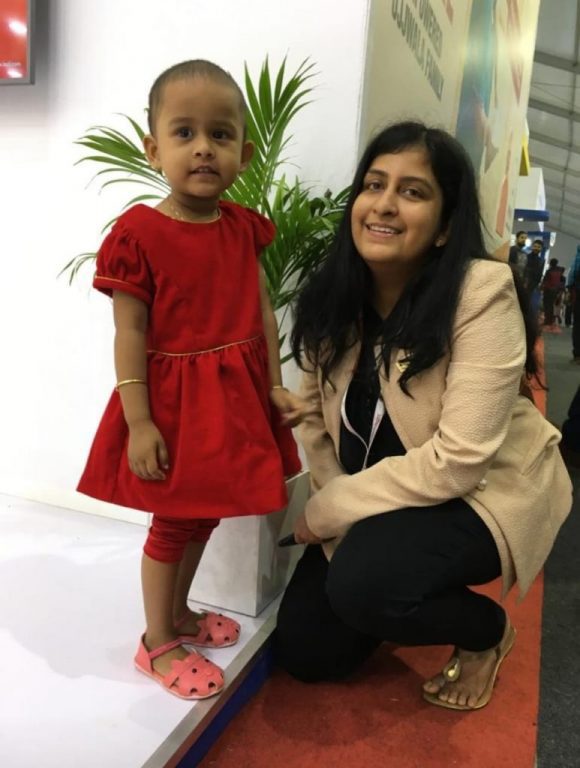
ACHIEVING THE DREAM: THIRD TIME’S A CHARM
On her third attempt, Ms. Behera finally achieved her dream, securing her place in the OPSC. Her achievement is not just a personal success but a message to all aspiring candidates—especially women who balance family obligations and other responsibilities. She believes that empowerment is not just about external opportunities but about inner resilience and commitment to one’s goals. “No one can empower you more than yourself,” she says.
A MESSAGE TO ASPIRING WOMEN
Through her success, Ms. Behera hopes to inspire other women who might feel discouraged due to family, societal pressures, or lack of support. “Never give up,” she advises. “Even if you don’t succeed at first, the knowledge and experience you gain will serve you in the end.” Now that she has achieved her goal, she plans to use her position to address the very issues that inspired her journey: healthcare, women’s welfare, and rural development.

